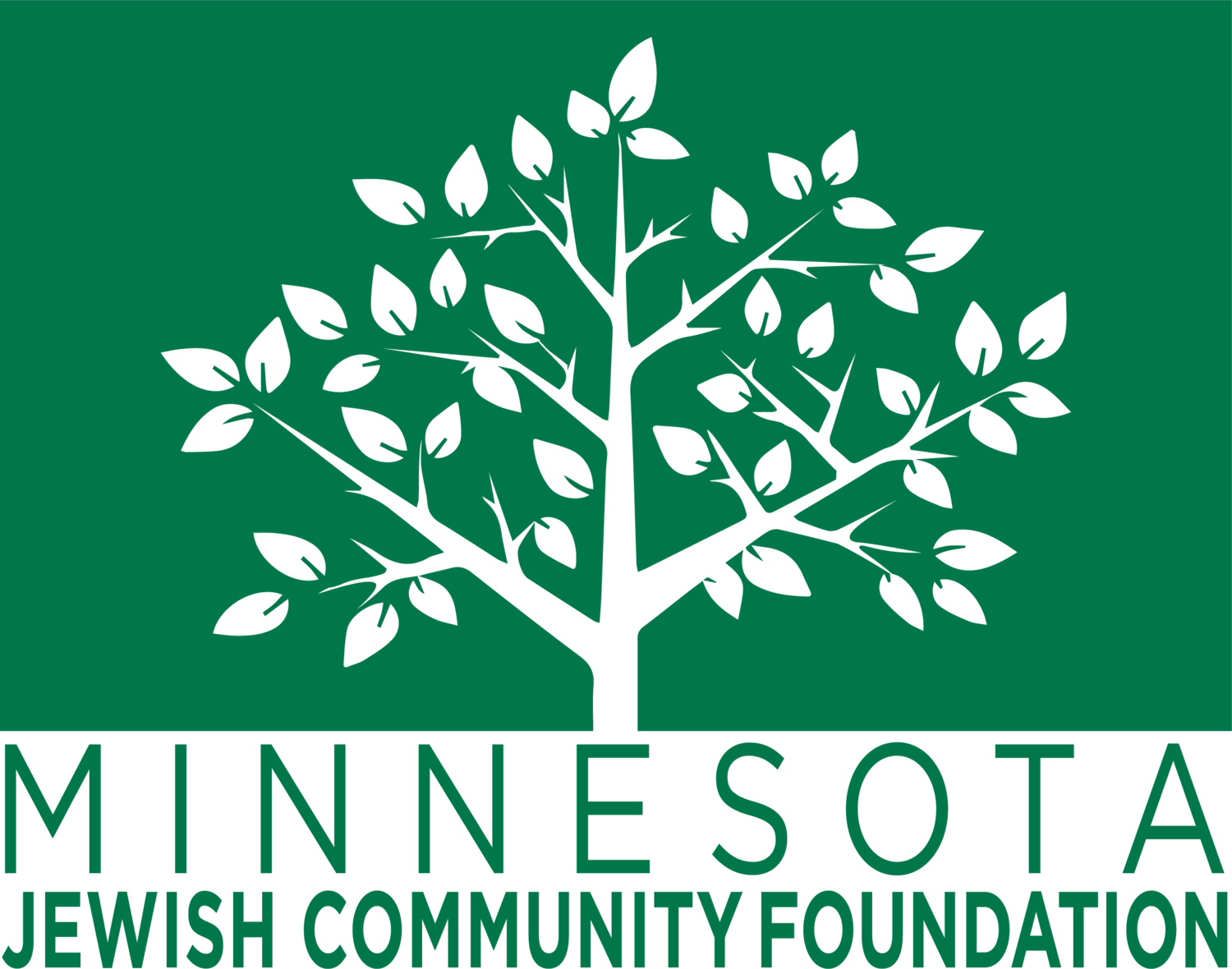Removing barriers to charitable giving
BY ALENE SUSSMAN AND MARC ASHED, OPINION CONTRIBUTORS - 10/12/23 3:00 PM ET
Sgt. Kevin Fowler organizes food at a food bank distribution by the Greater Cleveland Food Bank, Thursday, Jan. 7, 2021, in Cleveland. A new poll of Americans found that nearly half of those who stopped giving to charity over the past five years said they did so because they thought wealthier people could afford to give more — and should. Others said they simply could not afford to give. (AP Photo/Tony Dejak File)
“Deeds of giving,” the Talmud says, “are the very foundations of the world.” (Sukkah 49b). Charitable giving is not merely an act of philanthropy; it is an embodiment of our humanity and a catalyst for positive change. Charities address pressing societal issues that governments and private companies alone cannot solve, by enabling community-based organizations with deep local knowledge to provide basic needs for the most vulnerable members of our society.
Through charitable giving, individuals express their values, challenge oppressive systems, amplify marginalized voices, and advocate for a more just and equitable world.
Yet, according to the 2023 Giving USA study, total charitable giving in the U.S. dropped to $499.33 billion in 2022, a decrease of 3.4 percent, which equates to 10.5 percent after adjusting for inflation. That same study found that giving by individuals declined 6.4 percent, or 13.4 percent when adjusted for inflation, that same year.
Those individual donors represent the largest source of charitable giving; in 2022 they gave $319 billion, or 64 percent of all giving. The other major categories of givers are foundations, bequests, and corporations, which all comparatively increased their giving during the same time frame.
Nonetheless since 2017, government policy has made it harder to deduct charitable contributions, especially for those who don’t itemize on their federal tax returns. In recent years, just 30 percent of taxpayers, most of them high-income, took advantage of itemized deductions.
Fortunately, there is an effort underway to help rectify this situation, through a bipartisan bill called the Charitable Act, which would restore a universal charitable deduction for the majority of Americans who do not itemize their taxes. If passed, the bill would provide lower and middle-income donors the same kind of tax write-off that higher-income donors are already able to access.
At the time that it expired, the deduction was limited to $300 for individuals and $600 for joint filers. The new proposal would increase the cap of the universal charitable deduction to one-third of the standard deduction—to about $4,600 for individuals and $9,200 for joint filers.
Finally, the Charitable Act would make gifts to Donor-Advised Funds (DAFs) — an increasingly vital dimension of the philanthropic ecosystem — also eligible for the universal charitable deduction. Grants from DAFs to qualified charities totaled close to $46 billion in 2021.
The Charitable Act has been introduced in Congress this year by a bipartisan group of lawmakers (S. 566 in the Senate and H.R.3435 in the House of Representatives). It has garnered support from a significant coalition of charities including the Jewish Federations of North America, YMCA, United Way, Goodwill Industries, and the American Heart Association, in addition to many other non-profit organizations, all of which are urging that the Charitable Act becomes law.
We Americans pride ourselves on our willingness to help those in need, as well as on our sense of solidarity and community spirit. Our tax code must enable us to give a lifeline to the most vulnerable members of our society and fill in the gaps which government and private companies cannot fill. The pandemic may be over, but we are still all in it together. We need to reward those who give to charity, no matter how much they give and how often they give it.
In Jewish tradition, the Biblical forefather Abraham was able to evoke generosity at a time when it was “slumbering” by building an inn with a door in each of the four walls, signaling to wayfarers from every direction that they could enter. Let us follow in his footsteps and create more, rather than fewer, pathways for compassion and generosity.
Alene G. Sussman is the executive director of the Minnesota Jewish Community Foundation and senior director of Charitable Gift Planning for the Minneapolis Jewish Federation. Marc Ashed is assistant vice president for external affairs and director of government relations at the Jewish Federation of Cleveland.
You can find the full article here.


